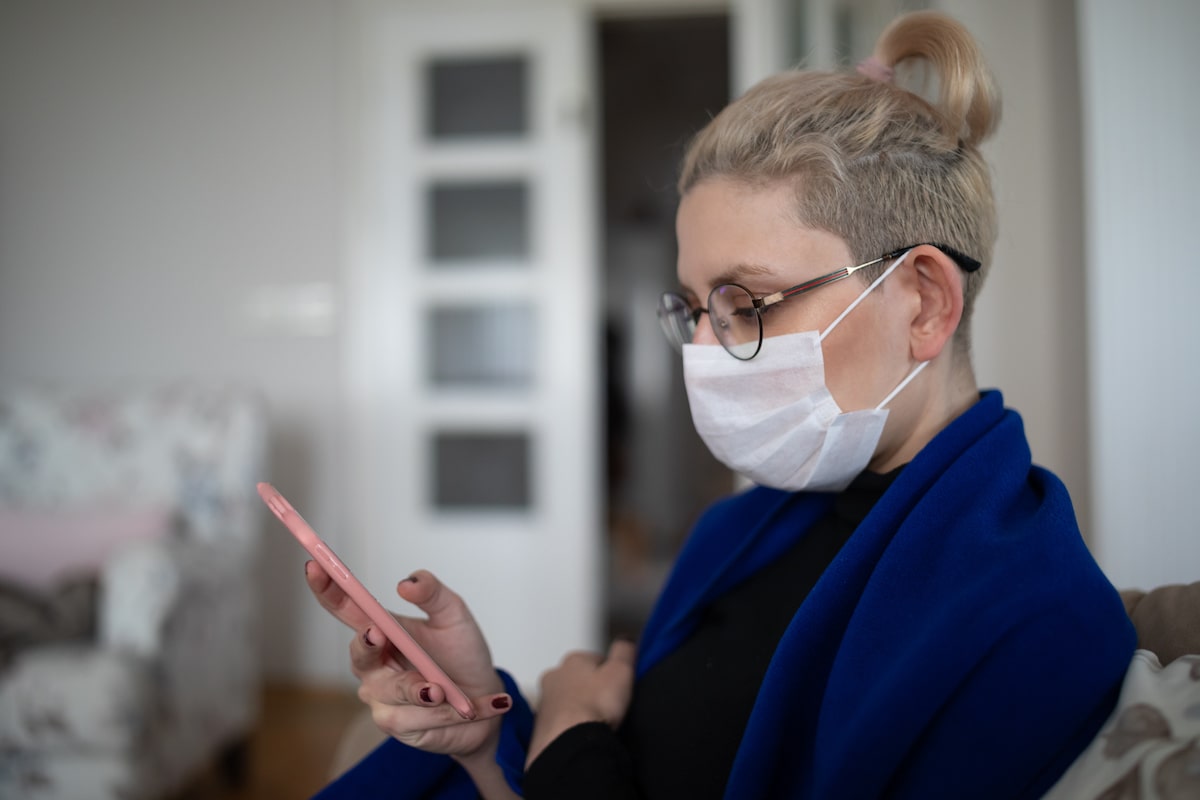We all step backward a few paces when we hear a cough or sneeze, adding distance between ourselves and the germs of COVID-19 or the common cold. But new research has found that about 30 percent of those infected with coronavirus show no symptoms.
They’re called asymptomatic carriers. South Korean researchers’ findings about them add to the mystery and frustration surrounding COVID-19, now in its second global wave. That they so prolifically – and unknowingly – spread the infection – makes the virus both difficult to contain and challenging to track.
The study, published in Journal of the American Medical Society Internal Medicine, indicates these asymptomatic people carry as much virus in their nose, throat and lungs as people exhibiting symptoms. They also carry, and spread it, for almost as long.
The team differentiated between people who are asymptomatic and merely pre-symptomatic, meaning the latter who eventually become ill with COVID-19. They did this by measuring the virus’ genetic material in 193 symptomatic and 110 asymptomatic people who were kept isolated at a community treatment center where they were monitored constantly.
Of those considered asymptomatic initially, 89 (about 30 percent) remained healthy throughout the study. Twenty-one others went on to develop symptoms of the virus.
The South Korean estimate of 30 percent is slightly lower than the asymptomatic figure offered by Dr. Anthony Fauci, director of the National Institute of Allergy and Infectious Diseases. He said roughly 40 percent of Americans with COVID-19 are asymptomatic.
The new research also extended the length of time people are considered contagious. The Centers for Disease Control and Prevention recommends a 10- to 14-day quarantine period for anyone testing positive for the virus. The research from South Korea, however, found that asymptomatic people were contagious for about 17 days and those with symptoms were contagious for up to 20 days.
Such increased uncertainty is reason enough to continue following standard guidelines for wearing masks and maintaining social distance, according to Dr. Faiqa Cheema, an infectious disease specialist with Hartford HealthCare.
“A study published in the Lancet scientific journal reported that one meter or greater physical distance reduced risk of acquiring COVID-19 from 12.8 percent to 2.6 percent,” she said. “Wearing a face mask reduced risk of COVID-19 infection and transmission from 17.4 percent to 3.1 percent.”



